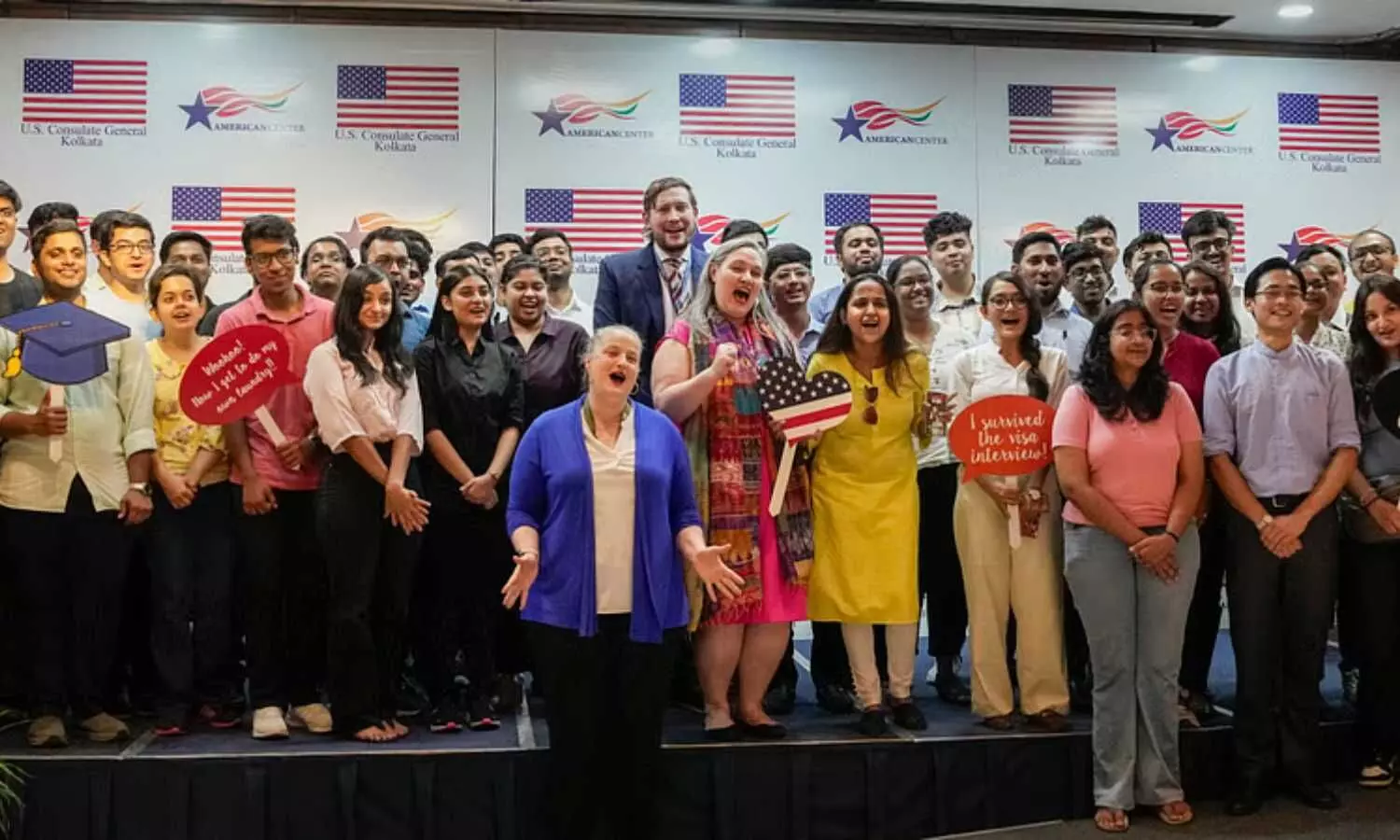Over 7,000 Student Exchange Visitors From India Overstayed In US In 2023
In 2023, over 7000 students and exchange visitor overstayed their visas in the US.
Over 7,000 Student Exchange Visitors From India Overstayed In US In 2023

In a revealing statement to U.S. lawmakers, immigration expert Jessica M. Vaughan highlighted a significant concern: over 7,000 students and exchange visitors from India overstayed their visas in the U.S. in 2023. Speaking before the House Committee on the Judiciary during a session titled “Restoring Immigration Enforcement in America,” Vaughan urged a reevaluation of the country’s immigration policies, particularly regarding H-1B visas.
The data paints a striking picture—32 countries have student and exchange visitor overstay rates exceeding 20%. Vaughan pointed out that the F and M visa categories, designed for international students, have the highest overstay rates among temporary admission types. The F-1 Visa allows students to attend accredited educational institutions, while the M-1 category caters to those in vocational or nonacademic programs.
Among the top offenders, Brazil, China, Colombia, and India each had more than 2,000 of their citizens overstaying student/exchange visas in 2023, with India having the highest number (7,000),” said Vaughan.
“First, the concept of dual intent should not apply to student visa applicants; instead, each applicant should be required to demonstrate an intent and likelihood to return to their home country after their studies,” she added.
Vaughan proposed several bold reforms. "The concept of dual intent should not apply to student visa applicants," she asserted, emphasizing that each applicant must demonstrate a genuine intent to return home after completing their studies. She also said, "The total number should be limited to 75,000 or less, including the non-profit and research sector, which is currently unlimited. If the category is oversubscribed, then the visas should be awarded to the highest-paying employers, as a proxy for the highest-skilled workers."
Moreover, she revealed that even within the STEM fields, over two million U.S. degree-holders remain unemployed or are not employed in STEM-related jobs—about one-sixth of the total. This raised a crucial point: employers should be held accountable for the high overstay rates among their sponsored workers.
Vaughan’s insights illuminate the pressing need for reform in immigration policy as lawmakers ponder how to balance opportunity with enforcement.

